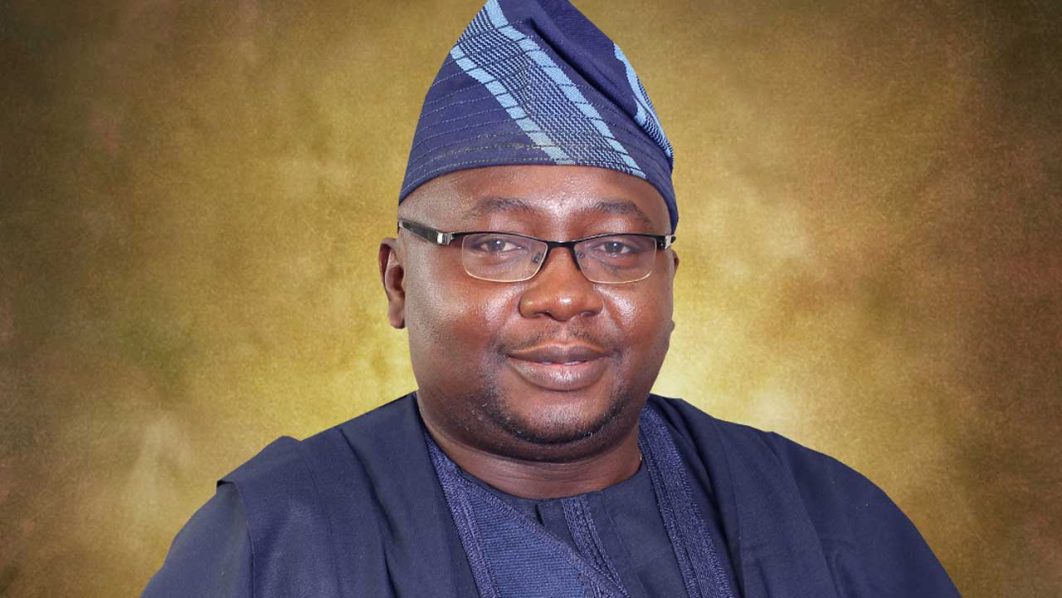
•Lagos govt begins transition to 100% off-grid street lighting
The Minister of Power, Adebayo Adelabu, has announced that the Federal Government would deliver 1.3 million electricity meters by December out of the 3.2 million meters under the World Bank Distribution Sector Reform Programme (DISREP) initiative.
The minister stressed that the remaining meters would be delivered in the second quarter of 2025. Adelabu made this known at the Nigeria Energy Leadership Summit in Lagos which was themed ‘Breaking Barriers in the New Energy Era: Clean, Reliable, and Sustainable’.
He mentioned that the initiative aimed to improve the efficiency and reliability of power distribution, benefiting consumers and reducing energy losses. He emphasised that one of the longstanding issues being tackled continuously is the metering gap.
“This initiative will reduce estimated billing, enhance transparency and improve sector liquidity by ensuring that energy consumers are fairly billed.
“In addition to these achievements, we have prioritised local content development by promoting domestic production of energy components, creating jobs, and reducing reliance on imports. For emphasis, we have a mandate in place on the DISREP program that ensures at least 250,000 meters are procured from local manufacturers the procurement process for this batch is ongoing.
“We believe Nigerian businesses are central to our energy transformation and economic diversification goals. Furthermore, to achieve our partnerships with state governments in implementing State Electricity Markets and upholding a sustainable national energy security local capacity must be strengthened,” he said.
Also, the minister pointed out that the sector’s focus is on full implementation of the integrated National Electricity Policy with the 2023 Electricity Act providing the legal framework and the INEP setting the strategic direction.
He added that Nigeria is well-positioned to overcome the challenges that have plagued the electricity sector. He emphasised that the way forward is continued investment in infrastructure upgrades, capacity building for local stakeholders, and strengthening regulatory enforcement to ensure that the progress made is sustained.
The Vice Chairman of the Nigerian Electricity Regulatory Commission (NERC), Dr Musiliu Oseni, has said the recent review of the Band A tariff has reduced the subsidy burden but fiscal pressure arising from subsidy is still significant.
He stressed that achieving cost-reflective tariffs is key to the sector’s sustainability, noting that this can be done without prejudice to an effective subsidy regime targeted at the underprivileged.
Oseni emphasised that sustainable electricity requires huge investments, noting that the industry’s viability is key to accessing the capital required for making investments.
“Having a sustainable electricity industry requires huge investments while raising capital for the investments is affected by the commercial viability of the market. An industry that can’t meet investors’ expectations can’t attract investments required for sustainable electricity supply,” he said.
Lagos State Governor, Babajide Sanwo-Olu, who was represented by the State Commissioner for Energy, Abiodun Ogunleye, announced the state’s transition to a 100 per cent off-grid street lighting initiative to reduce dependence on the national grid.
He mentioned that for too long, unreliable power has hindered Nigeria’s economic potential, noting that Lagos, as the nation’s economic hub, has experienced this challenge firsthand. However, the decentralisation of the power sector presents a significant opportunity for the State to take control of its energy future.






